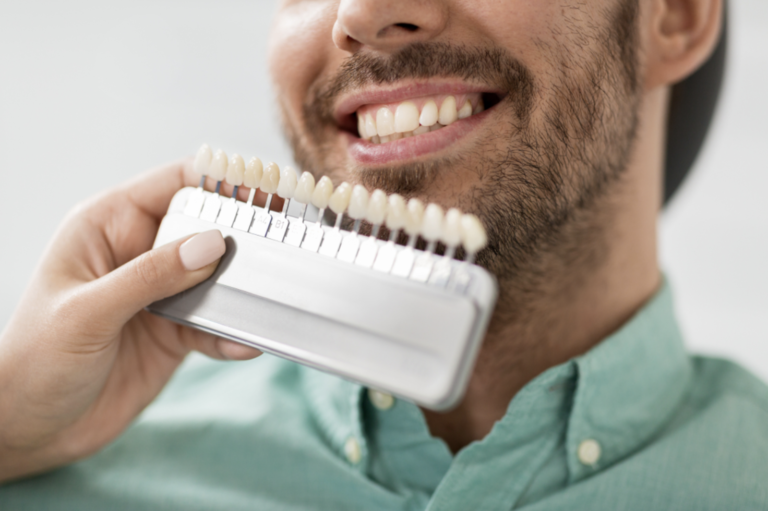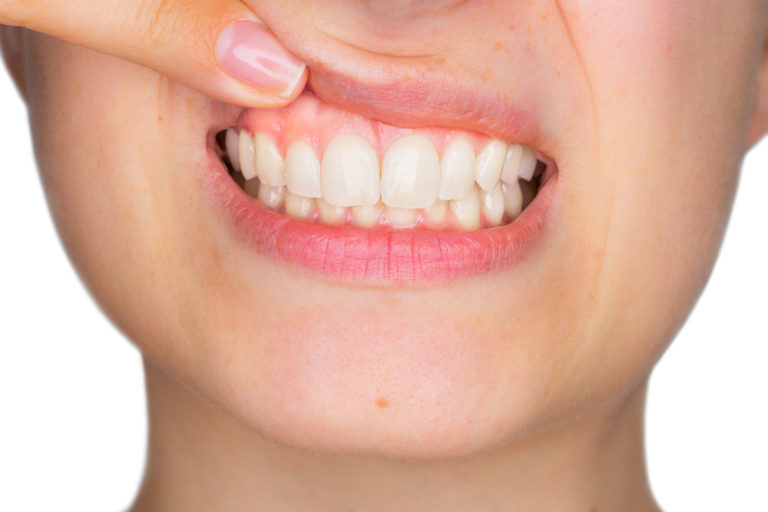Halitosis is the medical term for bad breath. It’s an unpleasant condition that’s cause for embarrassment. It can happen to everyone occasionally. After some food cooking with a lot of garlic, falling asleep with your mouth open, or typical morning breath!
The most common cause of halitosisis bad oral hygiene. If particles of food are left in the mouth, their breakdown by bacteria produces sulfur compounds. Keeping the mouth hydrated can reduce mouth odor.
Bad breath can be caused the food you eat. If you don’t brush and floss every day, food particles can remain in your teeth, collecting bacteria, which then causes bad breath. Plaque can also form from food lodged in teeth. This leads to gum disease, which can also produce bad breath and bad taste in a person’s mouth. Infrequent eating may also cause unpleasant breath.
Dry mouth can also cause bad breath. Dry mouth can be a result of several different medications, issues with salivary glands or from breathing through the mouth. Saliva plays an important role in flushing away food particles. When saliva flow is reduced, food particles are not cleaned away and cause bad breath. Your dentist may suggest saliva substitutes or sugarless candy to improve saliva flow.
Smoking and tobacco also cause bad breath by irritating your gums. Smokers are more likely to have gum disease. Your dentist can help you find the right way for you to quit smoking.
Persistent bad breath or a bad taste in the mouth may be a warning sign of gum (periodontal) disease. Gum disease is caused by the buildup of plaque on teeth. Bacteria cause the formation of toxins to form, which irritate the gums. If gum disease continues untreated, it can damage the gums and jawbone.
Other dental causes of bad breath include poorly fitting dental appliances, yeast infections of the mouth, and dental caries (cavities).
The medical conditiondry mouth(also called xerostomia) also can cause bad breath.Salivais necessary to moisten the mouth, neutralize acids produced by plaque, and wash away dead cells that accumulate on the tongue, gums, and cheeks. If not removed, these cells decompose and can cause bad breath.Dry mouthmay be a side effect of variousmedications,salivary gland problems, or continuous breathing through the mouth.
While oral hygiene isn’t always the cause, it can be the solution. That’s because bacteria accumulates easily on the teeth, soft tissue and tongue, causing inflammation, gingivitis, cavities and even periodontitis with bone loss, where pockets develop around the teeth and create a haven for bacteria that’s impossible to clean with home care.
Prevention is crucial, and good oral care means brushing your teeth for two or three minutes twice a day and flossing once a day. Mouthwash may temporarily mask bad breath, but it doesn’t help clean your mouth or correct the problem unless it’s an antibiotic or antifungal rinse prescribed by a dentist. Mouthwashes that contain alcohol are a no-no because they can exacerbate dry mouth – another cause of halitosis.
If you are concerned about bad breath, see your dentist.




